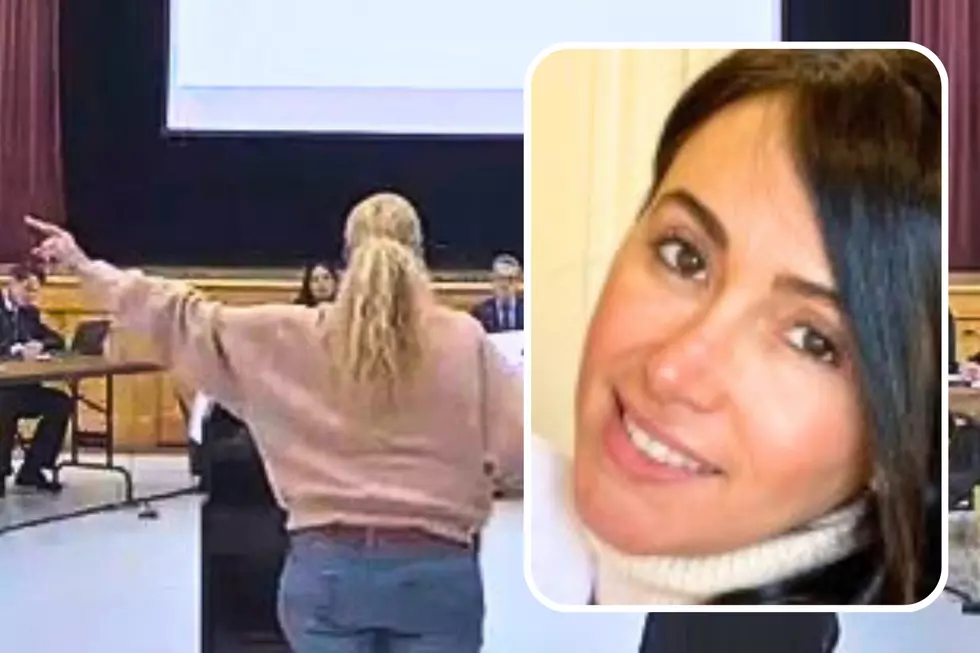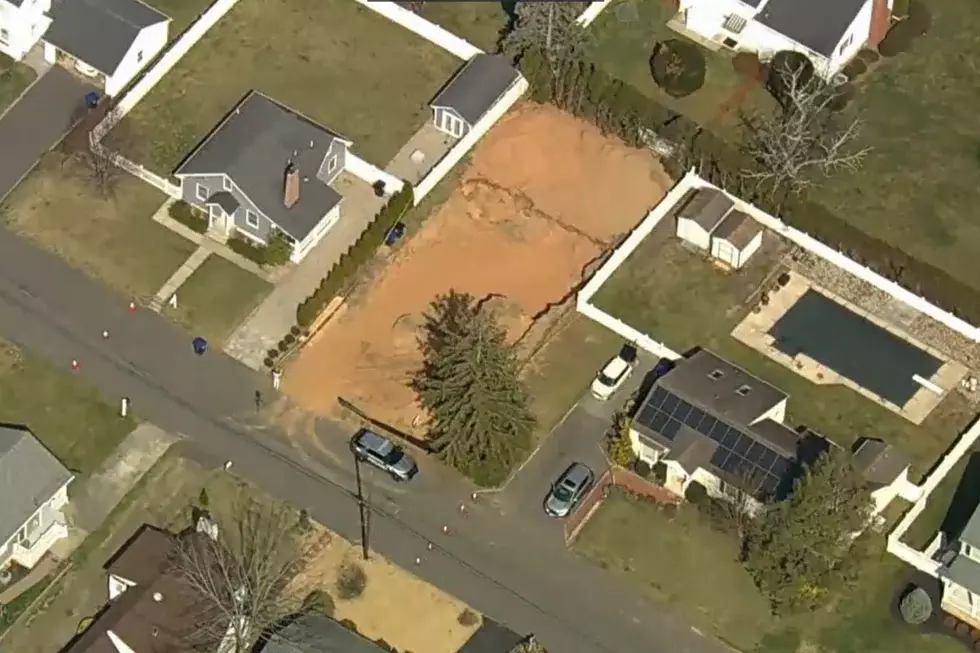
Some families of children with autism fear police — NJ cops trying to change that
When a video of a Florida police officer handcuffing a 10-year-old boy with autism at school went viral earlier this month, Jerry Turning Jr. cringed from his home in Monmouth County.
As the father of a young son with autism, he understood the frustrations of the Florida mother who took the video and posted it to Facebook.
But as a veteran police captain in Tinton Falls, he also sees such episodes from a different point of view.
“Cops are very compassionate and want to do good,” Turning says.
He agrees with parents and advocates who want more police training.
"But that’s only 50 percent of the equation," he says, calling on families in the autism community to reach out to law enforcement — meet them for coffee, get their children to know them by name — and to do their part to end the cycle of misunderstanding.
"If you start out with anger and attacking police, all you're doing is feeding into this attitude that the police have that it’s them against us," he says. "Breaking down those barriers have been hard. One of these videos, it sets me back three years."
Interactions between cops and people with autism occasionally make headlines thanks in large part to the ubiquity of cellphone videos and social media.
It's those kinds of bad incidents that the Monmouth County Police Academy has been trying to avoid in recent years. The academy trains police recruits in handling incidents involving people with autism and disabilities.
The county also has a Special Needs Registry, a confidential and voluntary database that 911 dispatchers can tap into in order to provide police officers with background on an individual's condition.
For reasons that aren't understood, New Jersey has a higher-than-average rate of autism, a spectrum of neurodevelopmental disorders that result in impaired communication and social interaction. People with autism can be sensitive to changes in routine, noise or touch. Some individuals can lash out physically.
Monmouth County Sheriff Shaun Golden says it's important for officers to be trained with dealing with such individuals because “some of [the symptoms] can mimic certain scenarios, like someone being intoxicated or under the influence when that’s not necessarily the case.”
Some people with autism, for example, have difficulty making eye contact, which cops traditionally interpret as a sign of dishonesty.
When police respond to an emergency call where an individual is acting in a disturbing manner, Golden says police need to understand “this may be an underlying special needs case and not somebody that’s under the influence or a bad person.”
Article continues below video
Fear of the police
Turning says many families in the autism community are afraid of turning to police. Part of it is that "they are afraid the cops are going to come and hurt their kid."
But families are also afraid cops will judge them as unfit parents or take away their kids.
"A lot of families when they are being honest tell me they would rather deal with the situation themselves. They would rather not call the police for help," said Turning, who has documented his family's trials and triumphs at Bacon and Juiceboxes.
Even though he's a police officer, Turning also worries about his son, who he said used to be a "wanderer" — a common difficulty parents of children with autism can struggle with.
"What jars me out of my sleep at night is when my son is not 13 anymore, starts turning 20 and 21 and he’s 6’3’’ and 240 pounds but still has these challenges — and that one of my own cops gets dispatched to my neighborhood and misreads what he has and it goes bad. And that scares the living hell out of me."
Turning says this can be addressed by changing the way police are trained — by letting officers know that not every situation requires them to restrain a person.
“The reality is sometimes the best course of action is just to back away and just leave them alone," he says.
"I would never tell a police officer to sacrifice safety on the off-chance that the individual may have a special need or a mental issue because that will get cops hurt. What I do ask them is that they plant the seed in the back of their head that there might be something else going on when they're interviewing these people."
Turning would also like to see more parents reach out to police officers, but not wait until there is a "crisis."
Turning recently took to his municipality's Facebook page to invite families with special needs relatives to meet with him. Nobody took him up on his offer.
Turning says the reason for that is the same reason why many families have not signed up for the Monmouth County registry: families want to be private and they're apprehensive about law enforcement.
"It’s human nature that there is some apprehension from the police toward our families. The only way to conquer that is to meet us when it's nice, quiet and happy."
More registries
The special-needs registry is catching on elsewhere in the state.
The Stafford Police Department became the first in Ocean County to establish one this spring. Officials say the free and voluntary registry can be used to help police, fire and emergency medical responders identify children and adults with autism, disabled elderly residents, diabetics, sufferers of post-traumatic stress disorder, people with severe allergies, and more.
Special Needs registrants get decals that they can place on their vehicles or on their homes to help alert authorities. Residents can also opt out of the registry at any time, officials said.
“It is important for officers to have this information so that any circumstance involving a resident with special needs ends safely," Community Policing Officer Chris Fritz said.
More information is available at www.staffordpolice.org.
David Matthau contributed to this report.
Sergio Bichao is deputy digital editor at New Jersey 101.5. Send him news tips: Call 609-359-5348 or email sergio.bichao@townsquaremedia.com.
More From New Jersey 101.5 FM









